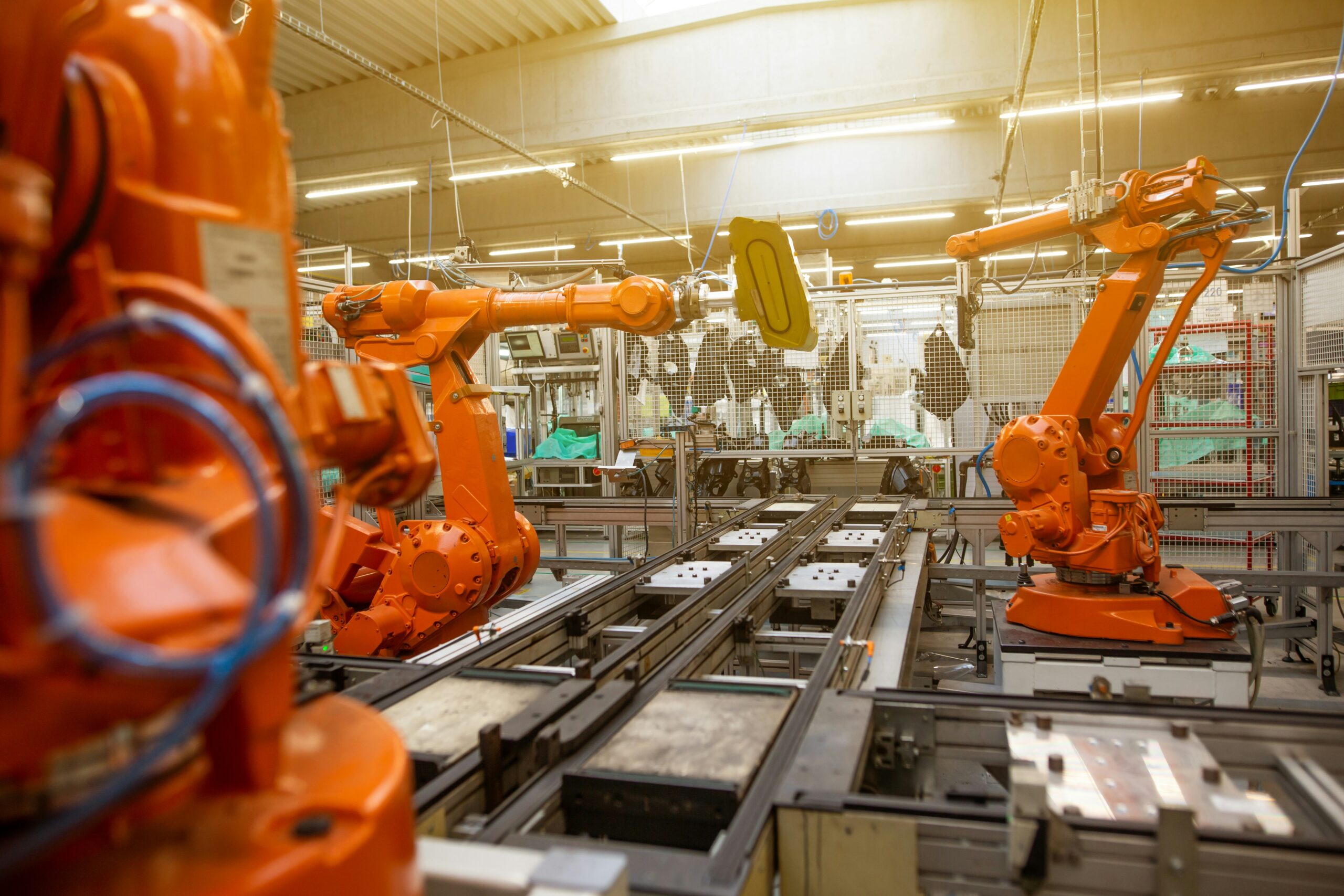
Controls engineering has emerged as a pivotal discipline within engineering, shaping the way industries automate processes and optimize performance. This article delves into the historical evolution, significant advancements, current trends, and future directions of control engineering, providing professionals with a comprehensive understanding of this dynamic field.
Historical Foundations
The origins of control engineering can be traced back to early civilizations that utilized rudimentary control mechanisms. The invention of the water wheel and the use of hydraulic systems in ancient Greece exemplifies some of the earliest forms of control systems. However, it was during the Industrial Revolution that control engineering began to take shape as a distinct discipline, driven by the demand for more reliable and efficient control methods in machinery and processes.
In the early 20th century, the field gained momentum with the introduction of control theory, a systematic approach to analyzing and designing control systems. Pioneering work by engineers such as Harold Stephen Black, who invented the negative feedback amplifier, and John R. Ragazzini, who developed the first mathematical models for dynamic systems, laid the groundwork for future advancements in the discipline.
The Development of Control Theory
The mid-20th century marked a turning point in control engineering, characterized by the integration of electronic technology into control systems. The transition from mechanical to electronic control systems opened new avenues for precision and flexibility. Researchers began to explore advanced mathematical techniques to model dynamic systems, leading to the establishment of control theory as a formal discipline.
The introduction of digital computers in the 1960s revolutionized control engineering, enabling the implementation of complex algorithms and feedback control strategies. The development of techniques such as root locus, frequency response, and state-space representation provided engineers with powerful tools to analyze and design control systems with greater accuracy.
Automation and Control Systems
The late 20th century saw a surge in automation technology, resulting in the widespread adoption of Programmable Logic Controllers (PLCs) and Distributed Control Systems (DCS). These systems allowed industries to automate complex processes, improving efficiency and reducing human error. The integration of PLCs with various sensors and actuators facilitated real-time data collection and control, transforming the landscape of manufacturing and industrial processes.
Computer-Based Control Strategies
As the complexity of control systems increased, the integration of computer-based control strategies became essential. Engineers began leveraging sophisticated algorithms, including adaptive control, model predictive control, and fuzzy logic, to design systems that could respond dynamically to changing conditions. These strategies enabled the development of intelligent control systems capable of optimizing performance in real time.
The Impact of Industry 4.0
The emergence of Industry 4.0 has profoundly influenced control engineering, emphasizing the interconnectedness of systems through digital technologies. The integration of the Internet of Things (IoT), artificial intelligence (AI), and big data analytics into control systems has led to the development of intelligent manufacturing. Engineers are now tasked with creating systems that not only control processes but also gather and analyze data to drive continuous improvement.
Standards and Regulations
With the evolution of control engineering, the establishment of standards and regulations has become critical to ensuring safety, reliability, and interoperability in control systems. Organizations like the International Electrotechnical Commission (IEC) and the Institute of Electrical and Electronics Engineers (IEEE) have developed guidelines that govern the design, implementation, and maintenance of control systems. Compliance with these standards is essential for engineers to uphold quality and safety in their work.
Cybersecurity in Control Systems
As control systems become more interconnected, the need for robust cybersecurity measures has gained prominence. Engineers must prioritize security in their designs, implement secure communication protocols, and conduct regular risk assessments to protect systems from cyber threats. This proactive approach is essential to safeguarding sensitive data and maintaining system integrity.
Advanced Robotics and Automation
The integration of advanced robotics and automation technologies is reshaping control engineering. Engineers are working on developing collaborative robots, or cobots, designed to work alongside human operators. These robots enhance productivity while ensuring safety and flexibility in manufacturing environments, highlighting the need for innovative control strategies that facilitate seamless interaction between humans and machines.
Quantum Computing in Control Systems
While still emerging, the application of quantum computing in control engineering presents groundbreaking opportunities. Researchers are exploring the potential of quantum algorithms to optimize control strategies, enabling unprecedented levels of precision and performance. As this field matures, engineers will need to develop methodologies to leverage the unique capabilities of quantum technologies.
Continued Emphasis on Human Factors
As automation becomes more prevalent, the importance of considering human factors in control systems design will remain crucial. Engineers will need to prioritize user experience, safety, and usability in their designs, ensuring that control systems are intuitive and accessible to operators.
The journey of control engineering reflects the interplay between technological advancements and industrial demands. From its historical roots to its current focus on intelligent, connected systems, control engineering has evolved into a dynamic field that continues to shape the future of automation. As engineers embrace new technologies and methodologies, they will play a vital role in driving innovation, enhancing efficiency, and addressing the challenges of tomorrow’s industrial landscape.